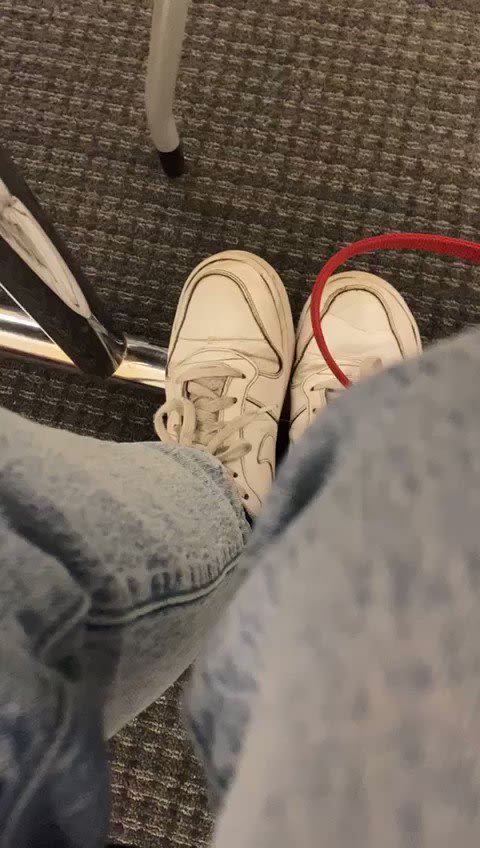U.S. attorneys school Harvard in what Title IX really means, while university continues to enable sexual harasser John Comaroff. But students are not having it. [Updated Sept 15]
Harvard and other academic institutions continue to act as though a perk of tenure is the right to sexually harass students. How else to interpret their refusal to act upon long-standing complaints?
The last time I wrote about Harvard University anthropologist John Comaroff, in February of this year, nearly three dozen big name Harvard academics had beaten a hasty retreat from a letter they had just signed in support of the accused sexual harasser. The impetus for that ignominious reversal was the filing of a lawsuit against Harvard by three students who accused the university of ignoring (better word: enabling) years of abuse.
Last week, several U.S. attorneys filed a “Statement of Interest” in the case, countering Harvard’s remarkable contention in the lawsuit that despite the provisions of Title IX of the U.S. education code—which prohibits discrimination based on sex, including sexual harassment—Harvard is not responsible for Comaroff’s retaliation against those who complained against him, even though he is their employee and used his power as a Harvard professor to commit those acts.
The attorneys, from the U.S. Department of Education’s Civil Rights Division, the Department of Justice, and including the U.S. Attorney for the District of Massachusetts, cited substantial case law and court decisions to argue that Harvard had it dead wrong in trying to dodge accountability.
As if Harvard’s irresponsible legal position were not bad enough, also last week, Harvard allowed Comaroff back into the classroom after a two-year administrative leave related to the allegations against him. But Comaroff’s grand return did not go as planned. As captured in the video below, five graduate students in his class staged a walkout, which was followed by a rally on campus led by Harvard’s graduate student union.
The extent of Harvard’s refusal to protect students from sexual abusers became even more clear last June, when the plaintiffs in the lawsuit (the brave students Margaret Czerwienski, Lilia Kilburn, and Amulya Mandava) amended their original complaint to include allegations that Comaroff had a history of sexual harassment while at the University of Chicago going back to the 1970s, and that Harvard had been warned numerous times about this history before it hired him in 2012.
In an editorial entitled “The Welcome Back We Didn’t Ask For,” published yesterday in Harvard’s student newspaper, The Harvard Crimson, the Editorial Board minced no words about what was at stake in the Comaroff case and Harvard’s negligence of student welfare:
“…as students, we are concerned by Comaroff’s return to campus and what this may mean for our community. Despite his two-year leave, the University’s lack of transparency surrounding any rehabilitative requirements for Comaroff’s return reflects only a superficial understanding of restorative justice and warrants our concerns that he may still be dangerous to our peers.”
The editors went on to say:
“The administration must acknowledge and remedy the ways in which Comaroff’s return forces students into an unsafe learning environment. By allowing Comaroff to return as a teaching professor, Harvard sends the message that when it comes to academia, safety and well-being take a backseat to intellectual achievements and academic prominence.
Students should not have to find themselves between a rock and a hard place: taking a course with an alleged predator or rearranging their schedules to avoid any potential hazards. The burden of finding ways to feel safe in a classroom should not be placed on students’ shoulders.”
The protests at Harvard represent a growing and, in my mind, very welcome trend in the #MeToo movement: A shift of focus from going after individual abusers—who, of course, must continue to be exposed—to holding institutions accountable for enabling the abuses, either by acts of commission, omission, or both. In my own reporting on #MeToo issues, I have made this point increasingly often, as illustrated here, here, and here.
In the case of Harvard University, the signers of the original letter supporting Comaroff included some of our most illustrious public intellectuals. As Sean Jacobs, a faculty member at The New School in New York City put it at the time:
“[The] signatories represented a wide range of backgrounds and races. What they had in common, it seems, was an attitude that people like them should not have to answer to anyone.”
And therein lies the problem. It’s as if sexual harassment, or any kind of mistreatment of students and other young scholars, is some kind of perk of being a tenured professor at a university. Of course no one would put it that way or publicly admit to that attitude, but that is what it amounts to. Power rules supreme, even in the “free marketplace of ideas.”
It may be that nothing short of a radical democratization of our intellectual institutions can solve the problem. If so, bring it on.
Update Sept 15: Harvard Graduate Student Union Alleges Comaroff’s Return to Teaching Violates Contract





